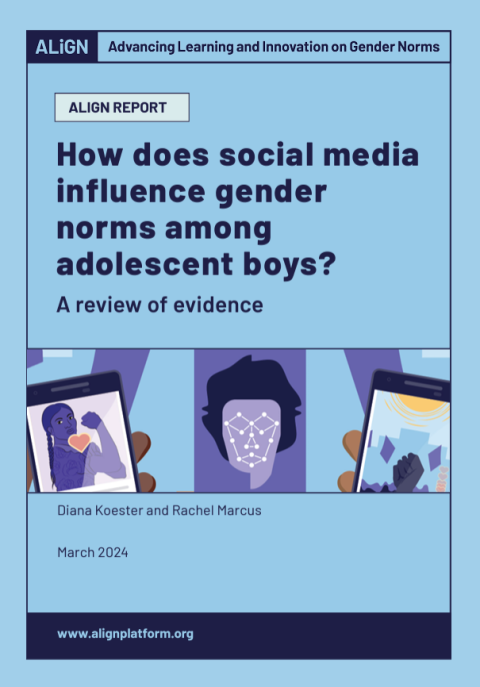- Briefing paper
- 31 March 2023
Shifting discriminatory gender norms affecting women in the workplace: Social media campaigns in Indonesia, the Philippines and Viet Nam
- Author: Rachel Marcus
- Published by: ALIGN
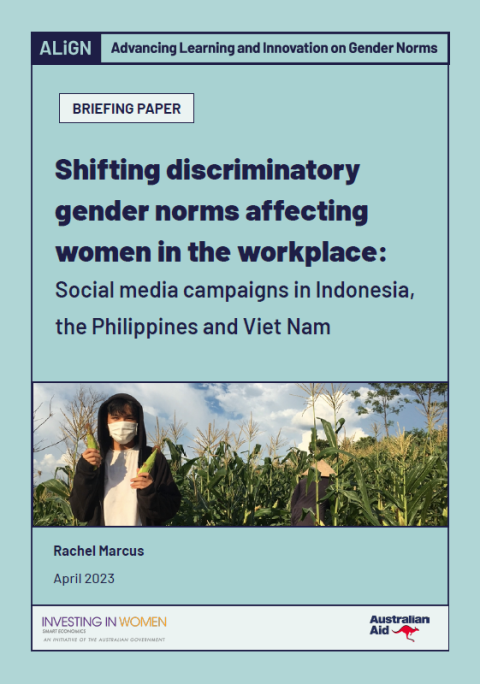
This briefing paper synthesises and reflects on insights from research undertaken by Investing in Women – an initiative of the Australian government – in Indonesia, the Philippines and Viet Nam. Over the period 2020-2022 Investing in Women supported social media campaigns that aimed to contribute to shifts in four key gender norms among young people aged 18-40:
- Caregiving: A woman’s primary role is in the home, caring for children and family members.
- Breadwinning: A man’s role is to be the primary income earner for the family.
- Gender-based job segregation: Women and men have distinct skills that are applicable for specific types of work.
- Leadership: Men are better suited to be leaders; women are better suited for supportive roles.
Research partners in each country examined the reach and reception of the IW-supported social media campaigns to understand whether they were influencing gender norms and, if so, how. This report brings together lessons on two key topics:
- New insights on using social media to catalyse shifts in gender norms.
- Specific insights on shifting norms on women’s economic empowerment – an area where very few online campaigns have been documented.
Key messages
- Of the four norms, it was easiest to stimulate discussion about caregiving responsibilities. However, much of this discourse was the about intrinsic fairness and the benefits of more equal responsibilities, rather than directly related to the impact on women’s economic opportunities.
- Discussions on other topics (eg mental health, parenting) proved fruitful spaces to seed conversations about harmful norms and their effect on women’s, men’s and children’s wellbeing. This points to the potential of a strategy focused on bringing a focus on gender equality and norms to wider discussions.
- Some building blocks of norm change appeared to be among the most valuable immediate outcomes of campaigns: strengthening individuals’ courage and resolve to engage in discussion on, and challenge, gender inequalities; and strengthening virtual support networks.
- Social media is often more effective at sharing information and raising new ideas than promoting discussion and deliberation. Some campaign participants were deterred from posting content for fear of ‘toxic’ responses.
- A sustained online presence, leveraging existing reputation, seeding content in organic communities and engaging influencers can all help to increase reach and engagement, which underpin effective campaigns. The research also highlighted the value of combining online and offline activities, both to reach different audiences and to maintain interest in online campaigns.
- Countries / Regions:
- South-East Asia
Related resources
ALIGN event
4 April 2023, 09:00 - 10:00 BST
Organised by: ALIGN
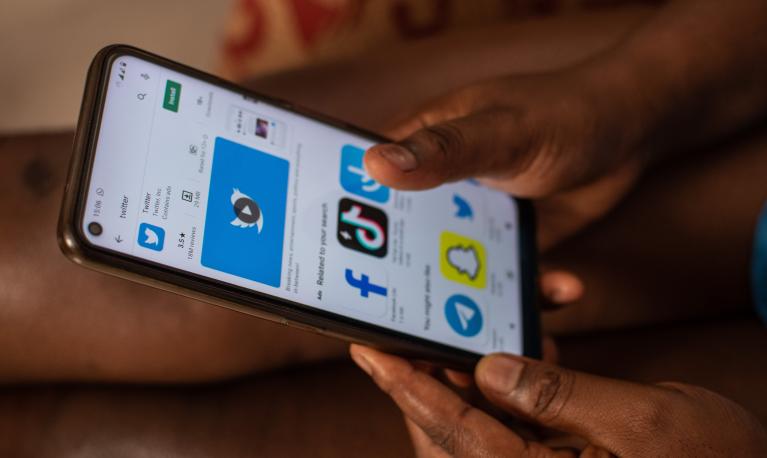
Report
26 March 2025
Published by: ALIGN, CIEDUR
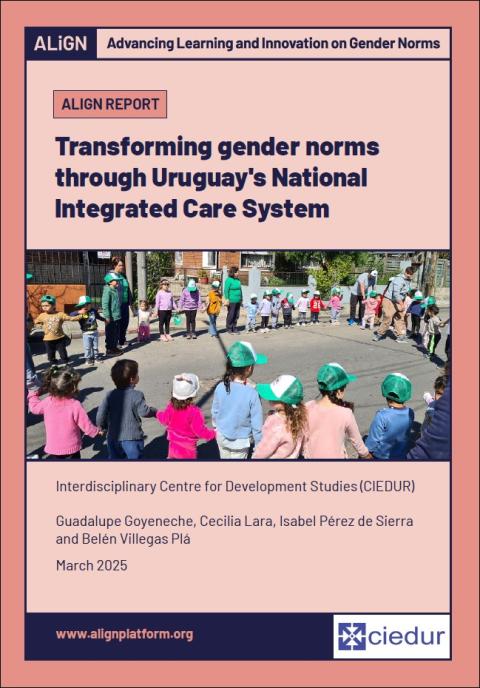
Report
20 March 2025
Published by: ALIGN, FAADEV
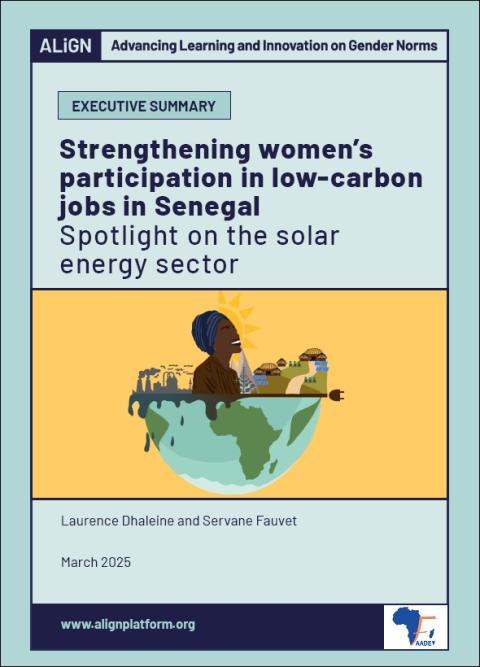
Report
20 March 2025
Published by: ALIGN, Restless Development
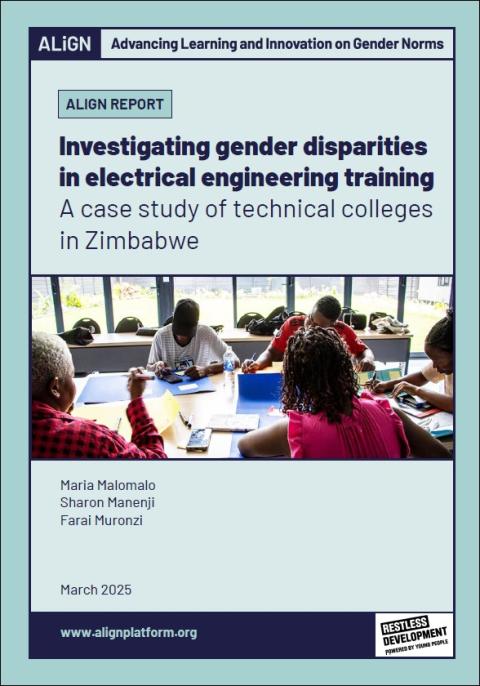
Blog
10 February 2025
Published by: ALIGN

Blog
19 December 2024
Published by: ALIGN
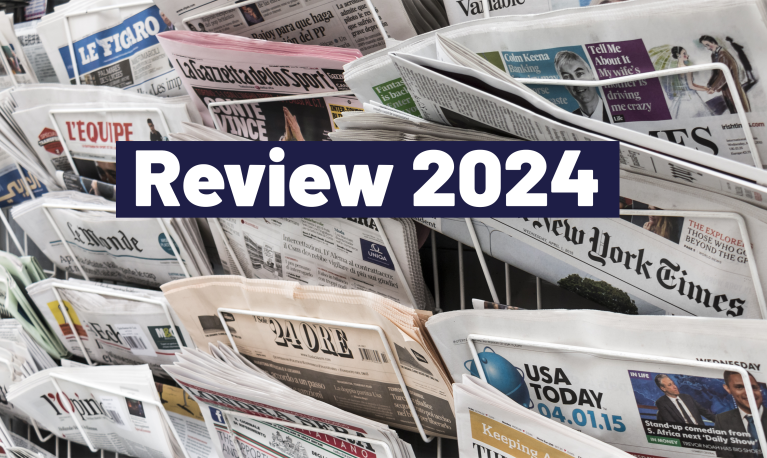
Report
19 November 2024
Published by: ALIGN, Mexfam
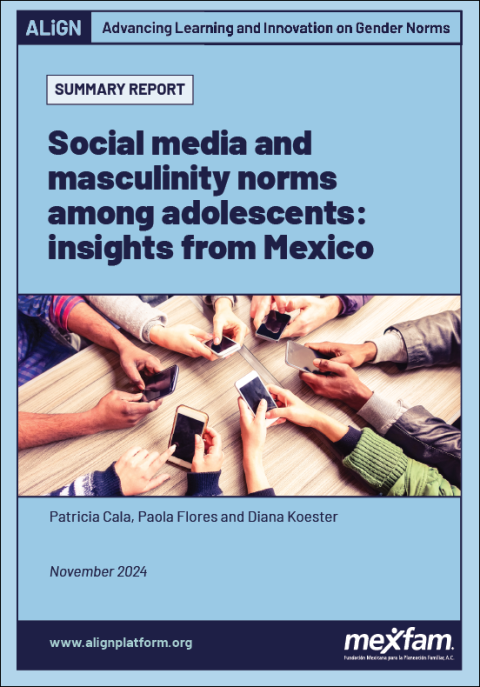
Report
9 October 2024
Published by: Care
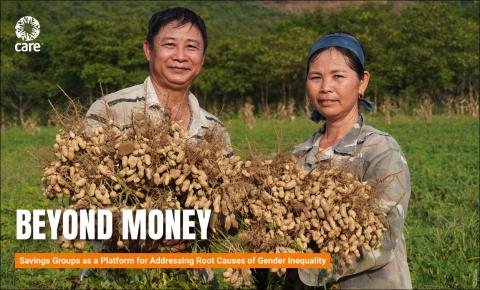
Report
30 September 2024
Published by: ALIGN, Frente Nacional para la Sororidad
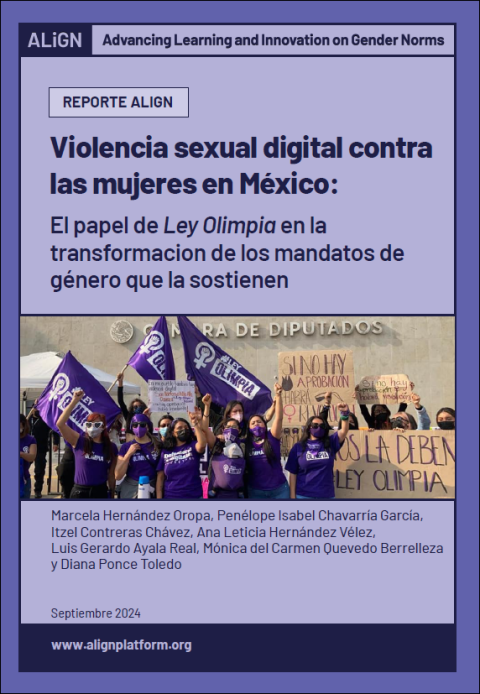
Report
17 June 2024
Published by: Deloitte Access Economics
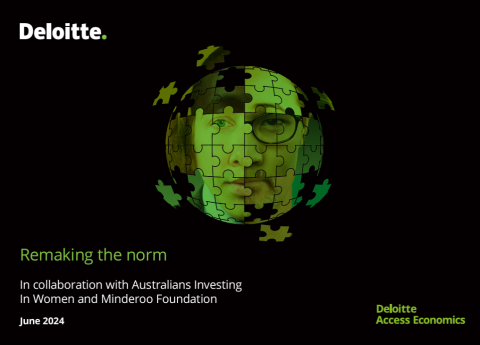
Blog
3 April 2024
Published by: ALIGN
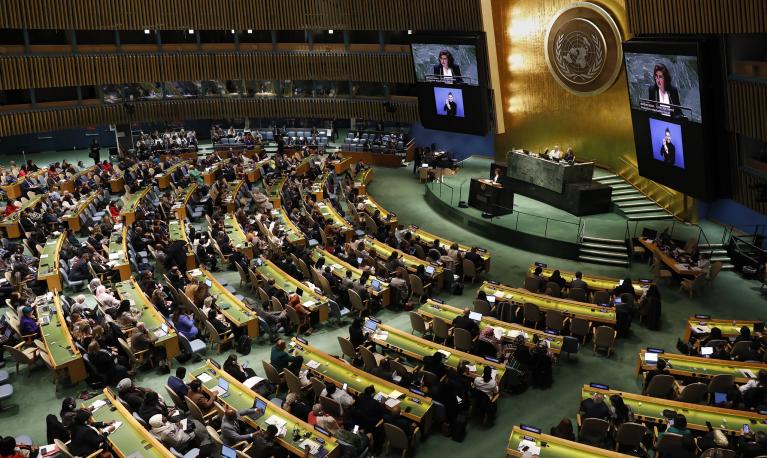
Report
5 February 2024
Published by: ALIGN
